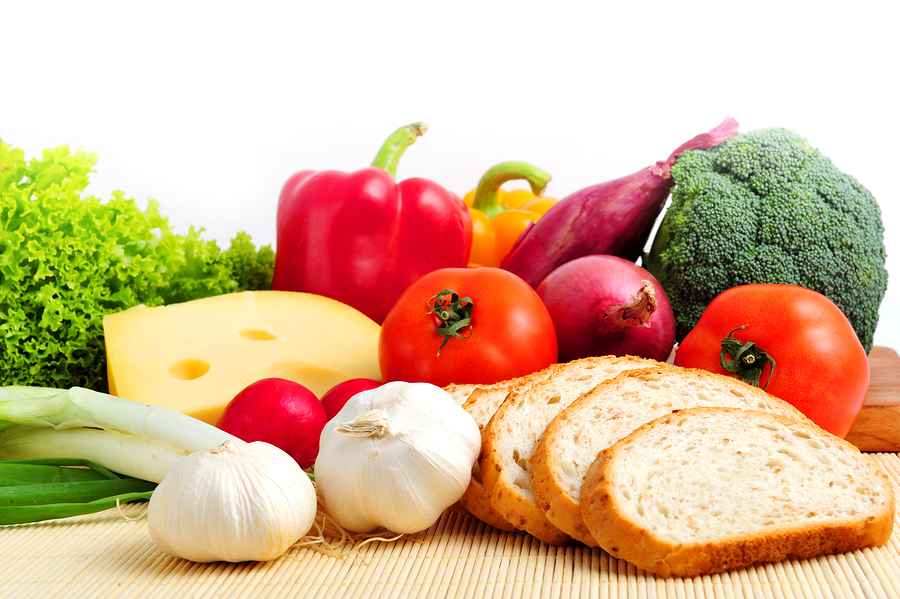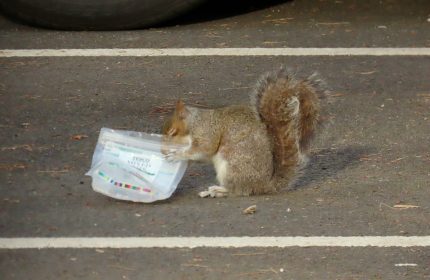Nutrition for cancer patients
Whether you’re newly diagnosed, in the middle of treatment or navigating post-cancer recovery, looking after your diet can help boost your immune system and eat healthily while you’re unwell.
Food might be the last thing on your mind when you’re facing a serious illness, but there are a few things worth considering.
Food safety
Cancer and chemotherapy weaken your immune system making you more susceptible to flu and food poisoning. During and after treatment it’s important to be especially vigilant about food safety. Use foods before the use-by date, store foods at the correct temperature, cook foods thoroughly and wash your hands before handling food to minimise the risk of food poisoning as much as possible. Read more about this topic here.
Keeping a healthy weight
A healthy weight is an important aspect of a healthy lifestyle, and when you have cancer it’s particularly important. If you’re overweight, losing weight gradually by eating only as much food as you need and being as physically active as is realistic will help. Sometimes during chemotherapy cancer patients lose their appetite or have trouble keeping weight on; speak to your doctor about your concerns if you begin rapidly losing weight.
Getting as much energy and protein in your diet will help you gain or maintain your weight. Find more information about preventing weight loss here.
When you don’t have an appetite
A lack of appetite is very common during cancer treatment and you may even find eating makes you feel nauseous or makes food taste unpleasant. High-calorie and nutrient-rich foods should be your priority. Instead of waiting until you’re hungry, schedule meal time and eat small meals throughout the day rather than large ones. Nuts, beans, seeds, cooked cereals and avocado are all healthy foods that provide calories and plenty of nutrients even when you aren’t eating much.
Low fibre foods
Depending on your treatment your doctor may advise low-fibre foods to rest your bowels or to help offset diarrhoea. Eggs, tender cuts of meat, tofu, fish and shellfish, white bread and dairy are all examples of foods you may prefer. Read more about low fibre foods from the American Cancer Society.
Supplements
Taking vitamins and supplements can be a contentious issue. Before you start taking any supplements be sure to speak with your doctor – though there is lots of information online about boosting your immune system with supplements for cancer patients, it’s always best to speak with your GP. There may be something about your illness or treatment that means it’s not advisable for you to take additional supplements that aren’t prescribed.
Do you know any good resources for cancer nutrition? Share your wisdom in the comments below.
Disclaimer
All content on Silversurfers.com is provided for general information only, and should not be treated at all as a substitute for the medical advice of your own doctor or any other health care professional. Silversurfers will not be responsible or liable for any diagnosis made by a user based on the content on www.silversurfers.com and we are also not liable for the content of any external websites or links from or to Silversurfers to any other websites. Please always consult your own doctor if you’re in any way concerned about any aspect of your health.
Rachel - Silversurfers Assistant Editor
Latest posts by Rachel - Silversurfers Assistant Editor (see all)
- Summer asthma tips for World Asthma Day - May 2, 2024
- Graham Norton’s funniest interviews - April 2, 2024
- Chocolate dipped strawberries for Easter - March 28, 2024
- Elton John’s Greatest Hits Playlist - March 24, 2024
- The best of Diana Ross - March 23, 2024





















